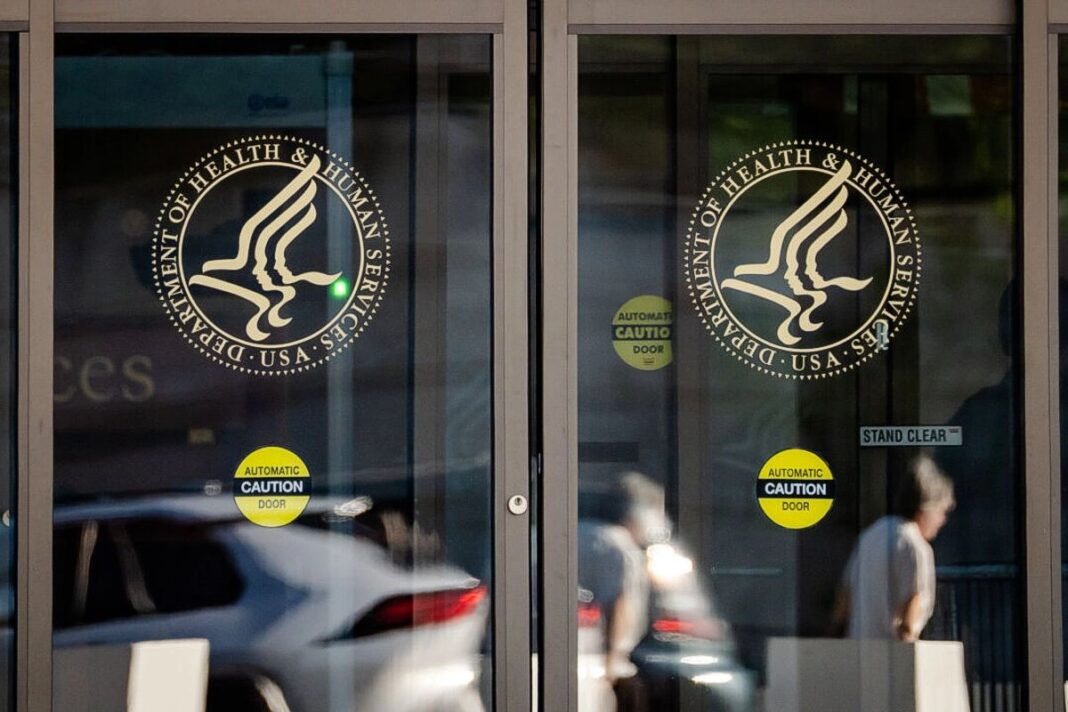Sen. Cynthia Lummis said she is ‘excited about the momentum’ in Washington over cryptocurrency.
The Senate passed the Guiding and Establishing National Innovation for U.S. Stablecoins Act, commonly known as the Genius Act, on June 17, marking a significant step in cryptocurrency regulation.
In a rare glimpse of bipartisan support in the upper chamber, senators voted 68 to 30 in favor of the bill.
The Genius Act aims to regulate the $200 billion stablecoin market, providing the banking and finance sectors with a clearer regulatory framework for digital currencies.
Last week, the crypto bill overcame a filibuster by securing 68 votes in the Senate.
House Financial Services Committee Chairman French Hill (R-Ark.) championed the bill, vowing to work with his lower chamber colleagues “to bring much-needed clarity and protections to the digital asset ecosystem.”
“Clear rules of the road for stablecoins are long overdue, and today we’re one step closer to creating a functional regulatory framework,” Hill said in a statement emailed to The Epoch Times. “I applaud the Senate’s passage of the GENIUS Act and the work of Chairman Scott, Senator Hagerty, and Senator [Cynthia] Lummis to make this historic day a reality.”
Prior to the vote, Sen. Lummis (R-Wy.) told The Epoch Times that she was “excited about the momentum” regarding Washington’s acceptance of cryptocurrency.
“We just couldn’t in four years, we could get no momentum right here. And finally, we’ve got it. I don’t want to lose it,” Lummis said.
Stablecoins are less volatile cryptocurrencies that are tied to another asset, primarily the U.S. dollar. They can be used for payments, futures trading, and haven investing when markets face turmoil.
Proponents say the Genius Act will make them more ubiquitous—Tether (USDT) and Circle’s USDC dominate the $228 billion market—as it could foster more stablecoins and consumer adoption.
Lawmakers, including Sen. Bill Hagerty (R-Tenn.), say the framework will ensure the United States does not fall behind in global competitiveness and protect the dollar hegemony.
“A recent report forecasts that with a well-crafted U.S. regulatory framework, stablecoin issuers could become one of the top holders of U.S. Treasuries by the end of this decade—if not sooner,” Hagerty said on the Senate floor on June 11.
“This would strengthen our fiscal position and cement the dollar’s status as the world’s reserve currency.”







